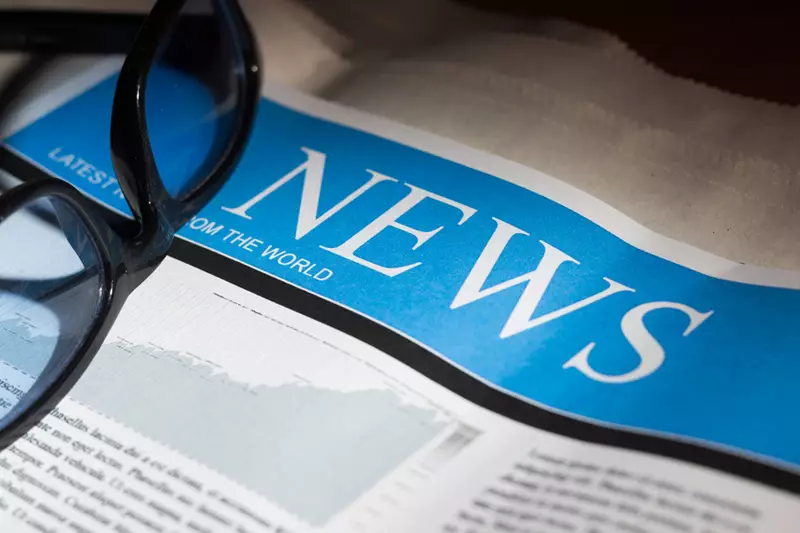Elon Musk recently found himself in hot water after making controversial comments aimed at an Australian senator. The conflict arose after Australia’s federal court ordered Musk’s platform X to temporarily stop showing video footage of a knife attack on an Assyrian bishop during a church service in Sydney. In response, Musk accused Australia’s leaders of attempting to censor the internet, leading to backlash from lawmakers. Senator Jacqui Lambie, in protest of the publication of the footage, deleted her X account and called for other politicians to do the same. She even went as far as to say that Musk should be jailed, sparking a heated exchange between the two.
It is not the first time that Elon Musk has targeted governments and officials who try to exert control over social media content. In Brazil, Musk clashed with a judge who ordered X to block certain accounts as part of an investigation into digital militias. Musk referred to the judge as a “dictator”, showcasing his confrontational approach towards authorities. In Australia, Musk further escalated the situation by promoting a post that criticized the country’s gun laws, suggesting they were implemented to prevent resistance against a “fascist government”. This incendiary comment only added fuel to the fire of controversy surrounding Musk’s actions.
Australian officials, including Home Affairs Minister Clare O’Neill, have been quick to denounce Musk’s behavior. O’Neill criticized social media platforms for fueling civil division and social unrest, pointing out Musk’s fight to display controversial content on X as an example of irresponsibility. The videos in question depicted a 16-year-old shouting at the bishop for insulting Islam during the church attack. Despite receiving a temporary takedown order, X and Musk have continued to defy the directive, with the footage remaining accessible in Australia. The e-Safety Commissioner has raised concerns about X’s compliance with the order, highlighting the company’s disregard for the legal process.
As the legal battle between X and Australian authorities continues, the controversy surrounding Elon Musk’s comments has sparked a wider debate about free speech, social media regulation, and corporate responsibility. Musk’s willingness to defy court orders and attack government officials has raised questions about the limits of power held by tech giants. Public opinion on the matter remains divided, with some supporting Musk’s crusade against censorship while others condemn his inflammatory rhetoric. The upcoming hearing on May 10 will shed further light on the extent of X’s compliance with the temporary takedown order and the implications of Musk’s actions on the broader digital landscape.
Elon Musk’s clash with Australian authorities over the dissemination of sensitive content on social media has exposed the complex interplay between freedom of speech, government oversight, and corporate accountability. As the legal battle unfolds, the repercussions of Musk’s controversial comments are likely to reverberate across the tech industry and beyond.

